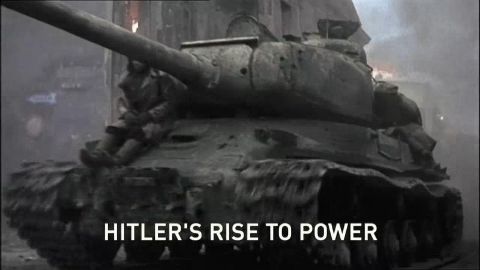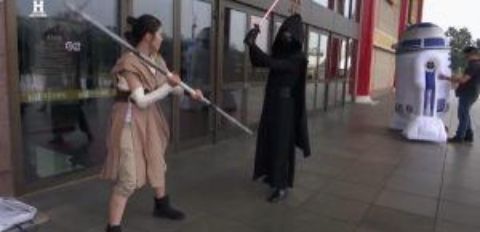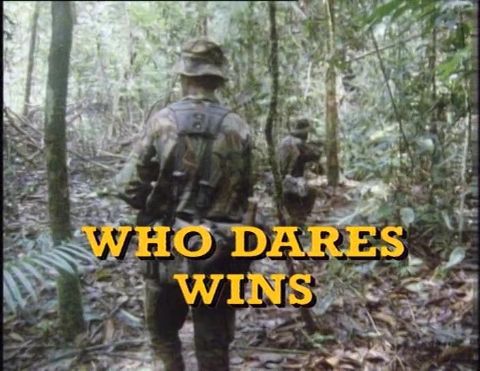Vienna the Golden Apple • 2016 • episode "S1E2" • Ottomans Versus Christians: Battle for Europe
In episode two we explore the Ottoman Empire’s Golden Age and chart the height of its expansion into Europe, climaxing with the 1683 siege of Vienna. The episode opens in Istanbul where Presenter Julian Davison explores the reign of the Empire’s most successful Sultan, Sulieman the Magnificent. A sophisticated ruler, Sulieman not only encouraged artistic and architectural achievement but helped to organise and unify the wide range of cultures and religions across his growing empire.
Make a donation
Buy a brother a hot coffee? Or a cold beer?
Hope you're finding these documentaries fascinating and eye-opening. It's just me, working hard behind the scenes to bring you this enriching content.
Running and maintaining a website like this takes time and resources. That's why I'm reaching out to you. If you appreciate what I do and would like to support my efforts, would you consider "buying me a coffee"?
Donation addresses
BTC: bc1q8ldskxh4x9qnddhcrgcun8rtvddeldm2a07r2v
ETH: 0x5CCAAA1afc5c5D814129d99277dDb5A979672116
With your donation through , you can show your appreciation and help me keep this project going. Every contribution, no matter how small, makes a significant impact. It goes directly towards covering server costs.








